

Articles
How To Store Homemade Rose Water
Modified: January 6, 2024
Learn the best techniques for storing homemade rose water in this comprehensive article. Find out how to preserve its refreshing properties for longer-lasting use.
(Many of the links in this article redirect to a specific reviewed product. Your purchase of these products through affiliate links helps to generate commission for Storables.com, at no extra cost. Learn more)
Introduction
Welcome to the wonderful world of homemade rose water! If you’re a fan of natural beauty products and want to add a touch of luxury to your skincare routine, then making your own rose water is the perfect solution. Not only is it incredibly simple to create, but it also offers a plethora of benefits for your skin and overall well-being.
Rose water has been used for centuries in various cultures for its soothing and rejuvenating properties. It is derived from rose petals through a distillation process, resulting in a fragrant and versatile liquid that can be used in a myriad of ways. Whether you want to refresh your face, calm irritation, balance your skin’s pH levels, or simply indulge in a delightful sensory experience, homemade rose water has got you covered.
By making your own rose water, you have full control over the quality of the ingredients and can ensure that no harmful chemicals or artificial fragrances are present. Plus, you can customize the strength and concentration of the rose scent to suit your preferences. So, if you’re ready to embark on this aromatic journey, let’s dive into the benefits of homemade rose water first.
Key Takeaways:
- Homemade rose water offers hydrating, soothing, and toning benefits for the skin, making it a versatile addition to any beauty routine. Its delightful fragrance and therapeutic properties elevate the self-care experience.
- By carefully selecting organic roses, properly preparing the petals, and following the distillation process, you can create high-quality homemade rose water. Store it in clean, dark containers and explore its various uses for a luxurious self-care journey.
Read more: How To Store Rose
Benefits of Homemade Rose Water
Homemade rose water is not just a fragrant addition to your beauty routine; it also offers a multitude of benefits for your skin and overall well-being. Here are some of the remarkable advantages of using homemade rose water:
- Hydrates and moisturizes: Rose water is a natural humectant, meaning it helps to attract and retain moisture in the skin. It provides hydration, making your skin feel soft and supple.
- Soothes and calms: With its anti-inflammatory properties, homemade rose water helps to soothe irritated skin, reduce redness, and alleviate conditions such as dermatitis and eczema.
- Tones and balances: Rose water acts as a gentle astringent, tightening the pores and helping to balance the skin’s pH levels. It can help to control excess oil production, making it suitable for both dry and oily skin types.
- Anti-aging properties: The antioxidants present in rose water help to combat free radicals, which are responsible for premature aging. Regular use of rose water can help to reduce the appearance of wrinkles, fine lines, and age spots.
- Refreshes and revitalizes: Spritzing homemade rose water on your face throughout the day can instantly refresh and rejuvenate your skin. It offers a natural and invigorating pick-me-up, especially on hot summer days.
- Improves skin texture: The natural toning properties of rose water can help to improve the overall texture and elasticity of your skin. It can minimize the appearance of pores, giving you a smoother complexion.
- Aromatherapeutic benefits: The beautiful and calming aroma of rose water can have a positive impact on your mood, reducing stress and promoting relaxation.
With all these incredible benefits, it’s no wonder that homemade rose water has become a staple in many people’s skincare routines. Now that you know the advantages, let’s move on to learning how to choose the right roses for your homemade rose water.
Choosing the Right Roses
When it comes to making homemade rose water, selecting the right roses is crucial to ensure a high-quality end result. Not all roses are created equal, and certain types are better suited for this purpose. Here are some tips on choosing the right roses for your homemade rose water:
- Choose organic roses: For the best results, opt for organic roses that are free from pesticides and chemicals. This ensures that your rose water will be pure and free from any potentially harmful substances.
- Look for fragrant roses: The scent of the roses will infuse into the rose water, so it’s important to choose varieties that have a strong and pleasant fragrance. Some popular choices include Damask roses, Rosa centifolia, and Rosa gallica.
- Go for fresh, fully bloomed roses: Select roses that are in full bloom and at their peak of freshness. Avoid roses that are wilted or starting to fade, as they may not yield the best fragrance or quality of rose water.
- Consider the color: The color of the roses can also influence the final color of your rose water. While most roses will produce a clear or light yellowish rose water, certain varieties like red or dark pink roses may impart a slightly pink hue.
- Grow your own roses: If you have a green thumb, why not consider growing your own roses? This way, you have complete control over the growing process and can ensure that your roses are free from chemicals.
Remember, the quality of the roses you choose will directly impact the quality and fragrance of your homemade rose water. So, take your time to select the perfect roses and let’s move on to the next step of preparing the rose petals.
Preparing the Rose Petals
Now that you’ve selected the perfect roses for your homemade rose water, it’s time to prepare the rose petals. Proper preparation ensures that you extract the maximum fragrance and beneficial properties from the petals. Follow these steps to prepare your rose petals:
- Gently rinse the petals: Start by rinsing the rose petals with cool water to remove any dirt or debris. Be gentle to avoid bruising or damaging the delicate petals.
- Remove the stem and sepals: Pluck the petals from the roses, making sure to discard the stems and green sepals. You can use your fingers to gently pull them off or use a pair of kitchen shears for easier removal.
- Inspect the petals: Take a moment to inspect the petals for any blemishes or discoloration. Remove any petals that appear damaged or wilted, as they can affect the quality of your rose water.
- Leave the petals to dry: Spread the rose petals in a single layer on a clean towel or paper towel. Allow them to air dry completely, preferably in a cool and well-ventilated area. This may take a few hours or overnight, depending on the humidity level.
- Note: If you’re in a hurry, you can use a food dehydrator or gently place the petals in a single layer on a baking sheet lined with parchment paper and dry them in the oven at the lowest temperature setting for about 15-20 minutes.
Once your rose petals are dry, they are ready to be used in the distillation process to create your homemade rose water. Keep in mind that using freshly picked and properly prepared rose petals will yield the best results. So, let’s move on to the next step of the process – the distillation process.
Store homemade rose water in a clean, airtight glass bottle or jar, away from direct sunlight and heat. This will help preserve its fragrance and properties for a longer period.
Distillation Process
The distillation process is the heart of creating homemade rose water. It involves extracting the essence and beneficial properties of the rose petals through a steaming process. Follow these steps to distill your rose water:
- Prepare your equipment: You will need a large pot with a tight-fitting lid, a heat-resistant glass or stainless-steel bowl, a heatproof glass measuring cup, a sieve or cheesecloth, and a spray bottle for storing the rose water.
- Add the rose petals and water: Place the rose petals into the pot and pour enough water to cover the petals. The ratio should be approximately 2 cups of water for every cup of rose petals.
- Set up the makeshift steam distillation: In the center of the pot, place the heatproof bowl upside down. This will act as a support for the glass measuring cup, which will collect the condensation and the rose water.
- Place the lid upside down: Turn the lid of the pot upside down and position it over the pot. This allows the steam to condense and drip into the glass measuring cup.
- Simmer and steam: Turn on the heat to medium-low and bring the water to a simmer. Allow the steam to gently penetrate the rose petals and extract their essential oils. Let it simmer for about 45-60 minutes.
- Collect the rose water: As the steam condenses, it will collect in the glass measuring cup. Once you have collected a sufficient amount of rose water, carefully remove the cup from the pot and allow it to cool down.
- Strain and transfer: Strain the rose water through a fine sieve or cheesecloth to remove any remaining petal particles. Pour the strained rose water into a clean spray bottle for easy use and storage.
- Store in the refrigerator: To prolong the shelf life of your homemade rose water, store it in the refrigerator. It should last for about 1-2 months.
Now that you’ve successfully distilled your homemade rose water, it’s time to move on to the final step – storing it properly to maintain its freshness and potency.
Read more: How To Store A Rose
Storing Homemade Rose Water
Proper storage is essential to preserve the freshness and effectiveness of your homemade rose water. Follow these guidelines to ensure that your rose water stays in optimal condition:
- Use clean containers: Before transferring your rose water into storage containers, make sure they are clean and dry. Opt for glass bottles or jars with tight-sealing lids to prevent air and moisture from entering.
- Avoid exposure to sunlight: Rose water is sensitive to light, so it’s crucial to store it in a dark or amber-colored bottle. This helps to protect it from UV rays and maintain its potency.
- Keep it in a cool place: Rose water should be stored in a cool place, away from direct heat sources. A cupboard or refrigerator is an ideal location to maintain its freshness.
- Refrigerate during hot weather: If you live in a hot and humid climate, it’s recommended to store your rose water in the refrigerator all year round. This helps to extend its shelf life and prevent spoilage.
- Label and date: To avoid confusion, label your storage containers with the name and date of when the rose water was made. This helps you keep track of its freshness and ensure you use it within its recommended timeline.
- Discard if it smells off or changes color: Over time, rose water may deteriorate and develop a sour or unpleasant smell. If you notice any changes in the scent or color, it’s best to discard it and make a fresh batch.
By following these storage tips, you can enjoy the benefits of your homemade rose water for an extended period. Now that you have your rose water ready to use, let’s explore some tips on how to incorporate it into your skincare routine.
Tips for Using Homemade Rose Water
Now that you have your homemade rose water ready, it’s time to discover the various ways you can incorporate it into your skincare routine. Here are some tips for using homemade rose water:
- Facial Toner: After cleansing your face, apply rose water to your skin using a cotton pad or spray bottle. It helps to tone and hydrate your skin while prepping it for the next steps in your skincare routine.
- Refreshing Mist: On a hot day or whenever your skin needs a quick pick-me-up, spritz some rose water on your face and neck for an instant burst of freshness and hydration.
- Makeup Setting Spray: Use rose water as a natural and gentle alternative to commercial makeup setting sprays. It helps to set your makeup, keeping it in place for longer hours while providing a dewy finish.
- Aromatherapy: Inhale the soothing aroma of rose water to uplift your mood, reduce stress, and promote relaxation. You can spray it in your surroundings or add a few drops to your diffuser.
- Under Eye Treatment: Soak cotton pads in rose water and place them on your closed eyelids for a revitalizing and soothing eye treatment. It helps to reduce puffiness, dark circles, and tiredness.
- Hair Rinse: Add rose water to your final hair rinse after shampooing to enhance shine, tame frizz, and leave your hair smelling delightful. It also helps to soothe an irritated scalp.
- Bath Soak: Add a few tablespoons of rose water to your bathwater to create a luxurious and aromatic experience. It helps to relax your body and leave your skin feeling soft and nourished.
- Aftershave Soother: For men, rose water can be used as a gentle and soothing aftershave to calm irritation and provide a refreshing sensation.
These are just a few suggestions on how to use your homemade rose water. Feel free to get creative and explore other ways to incorporate it into your self-care routine. Enjoy the delightful benefits and the fragrant journey that homemade rose water brings!
Conclusion
Congratulations! You have now embarked on an aromatic journey of creating your own homemade rose water. By following the simple steps of selecting the right roses, preparing the rose petals, distilling the rose water, and storing it properly, you can enjoy the numerous benefits it offers for your skin and overall well-being.
Homemade rose water is a versatile and natural addition to your skincare routine. Its hydrating, soothing, toning, and rejuvenating properties make it a valuable asset for any beauty enthusiast. The delightful fragrance and therapeutic benefits further enhance the experience, providing a touch of luxury and self-care.
Whether you use it as a facial toner, refreshing mist, makeup setting spray, or incorporate it into other skincare rituals, homemade rose water has the potential to enhance your beauty regimen and elevate your self-care routine.
Remember to use organic roses, properly prepare the rose petals, and follow the distillation process carefully to ensure the best quality and fragrance. Store your rose water in clean, dark containers, and refrigerate it when necessary to extend its shelf life.
With your homemade rose water ready to use, you can now explore the various ways to incorporate it into your daily skincare rituals. From facial toning to hair rinsing, bath soaking, and more, the possibilities are endless.
Take the time to indulge in the soothing aroma and rejuvenating effects of homemade rose water. Let it transport you to a state of tranquility and self-care, as you nourish your skin and enhance your well-being.
So go ahead and enjoy the luxurious benefits of homemade rose water. Your skin will thank you, and you will feel refreshed and revitalized after each use. Get creative, experiment, and make the most of this fragrant journey with your very own homemade rose water.
Frequently Asked Questions about How To Store Homemade Rose Water
Was this page helpful?
At Storables.com, we guarantee accurate and reliable information. Our content, validated by Expert Board Contributors, is crafted following stringent Editorial Policies. We're committed to providing you with well-researched, expert-backed insights for all your informational needs.

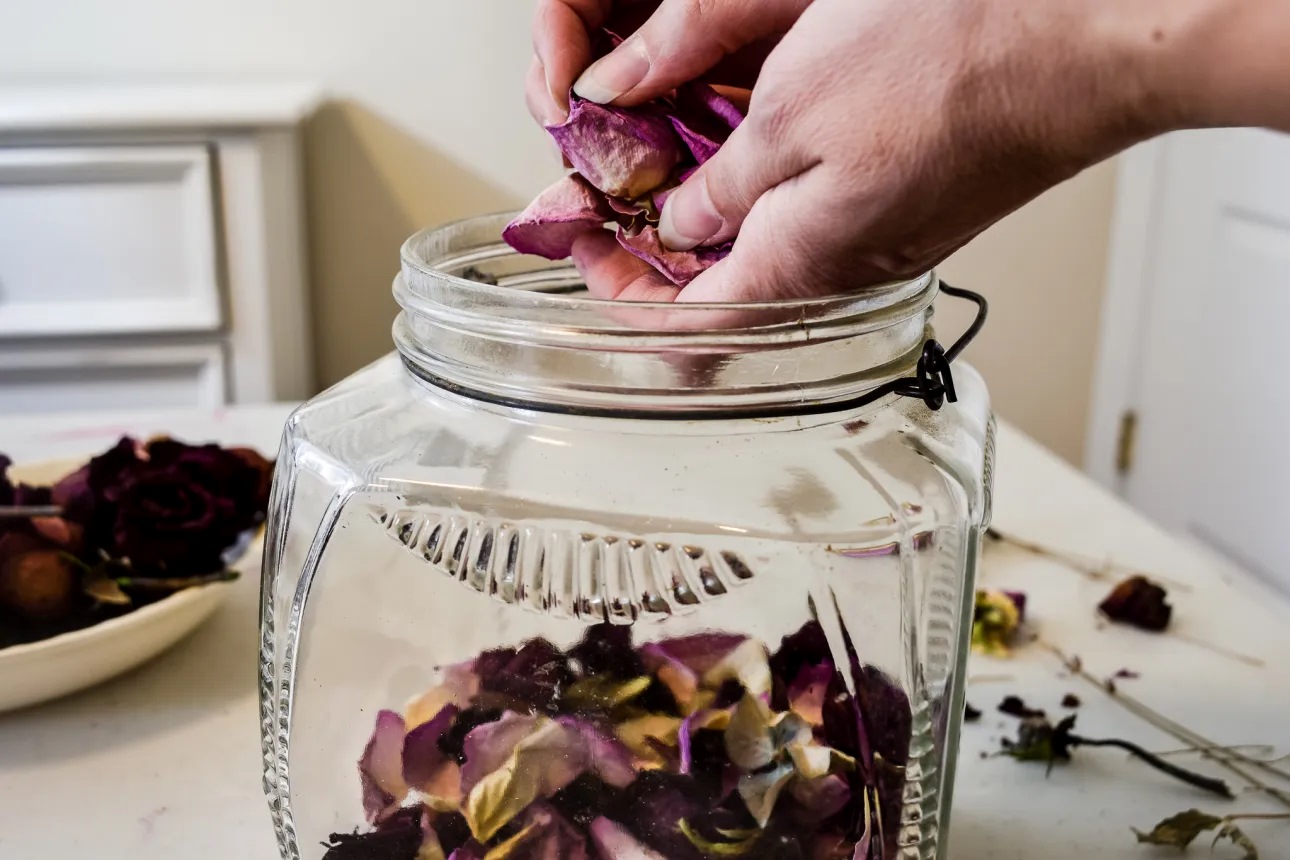



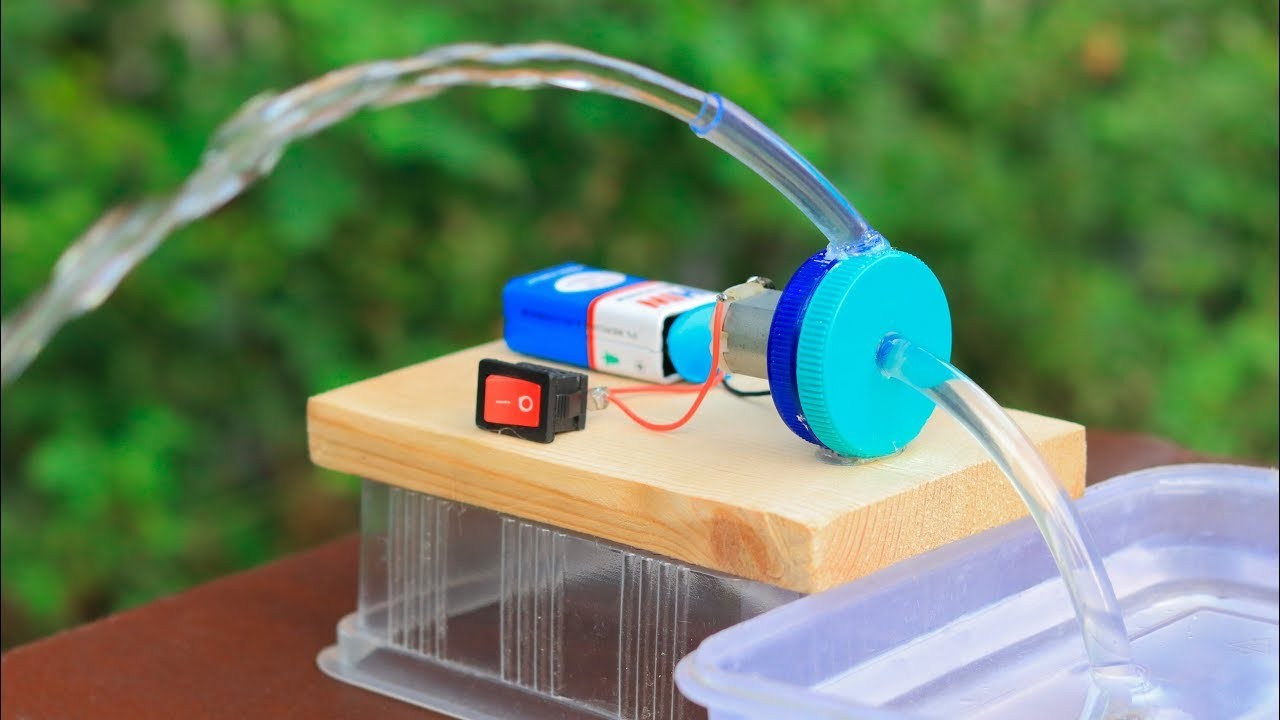
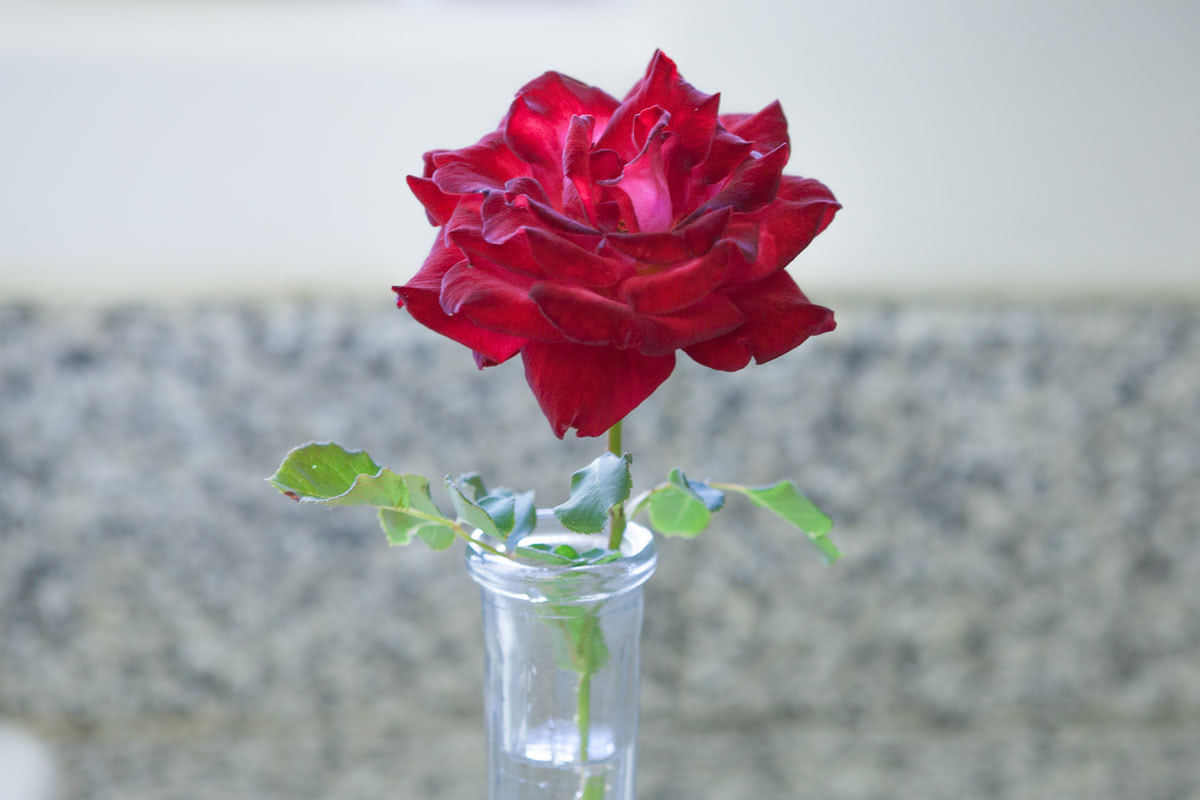
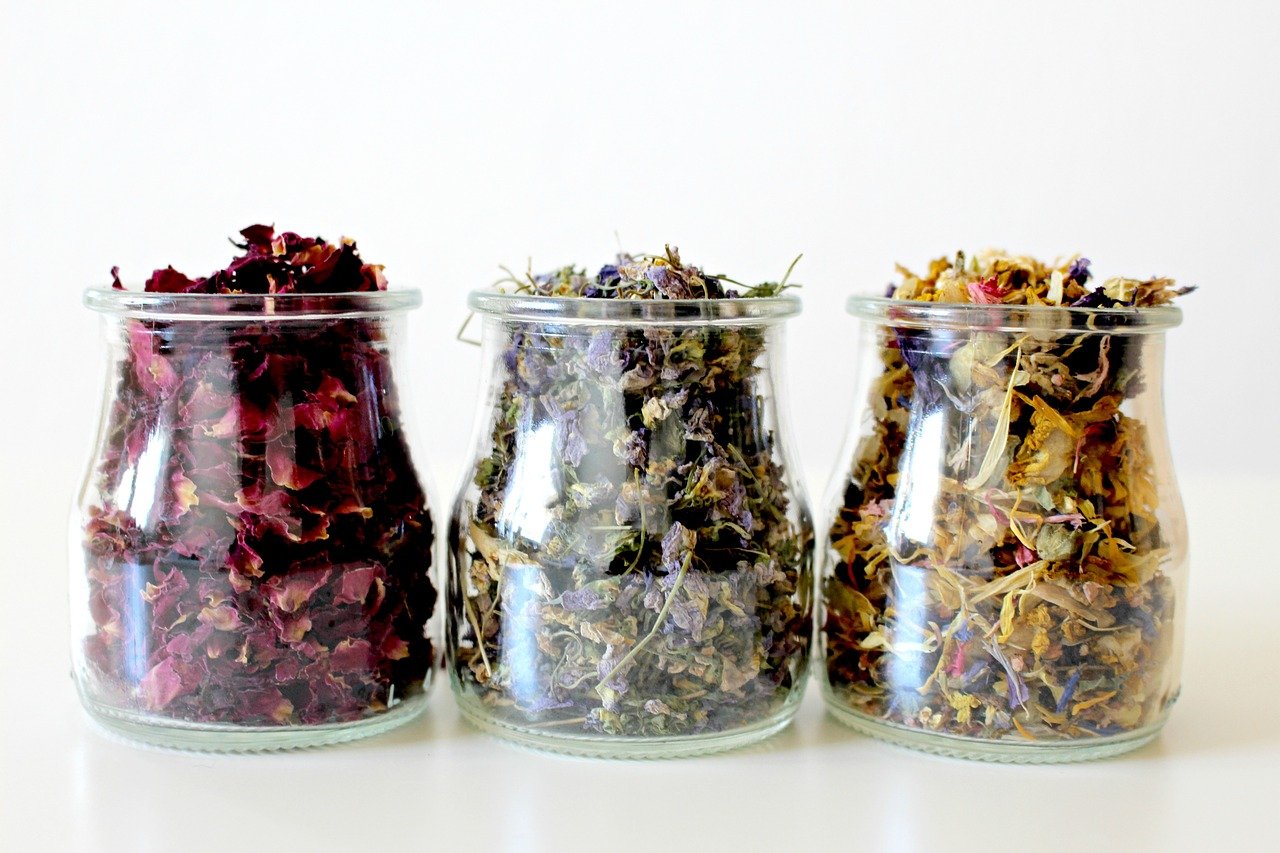
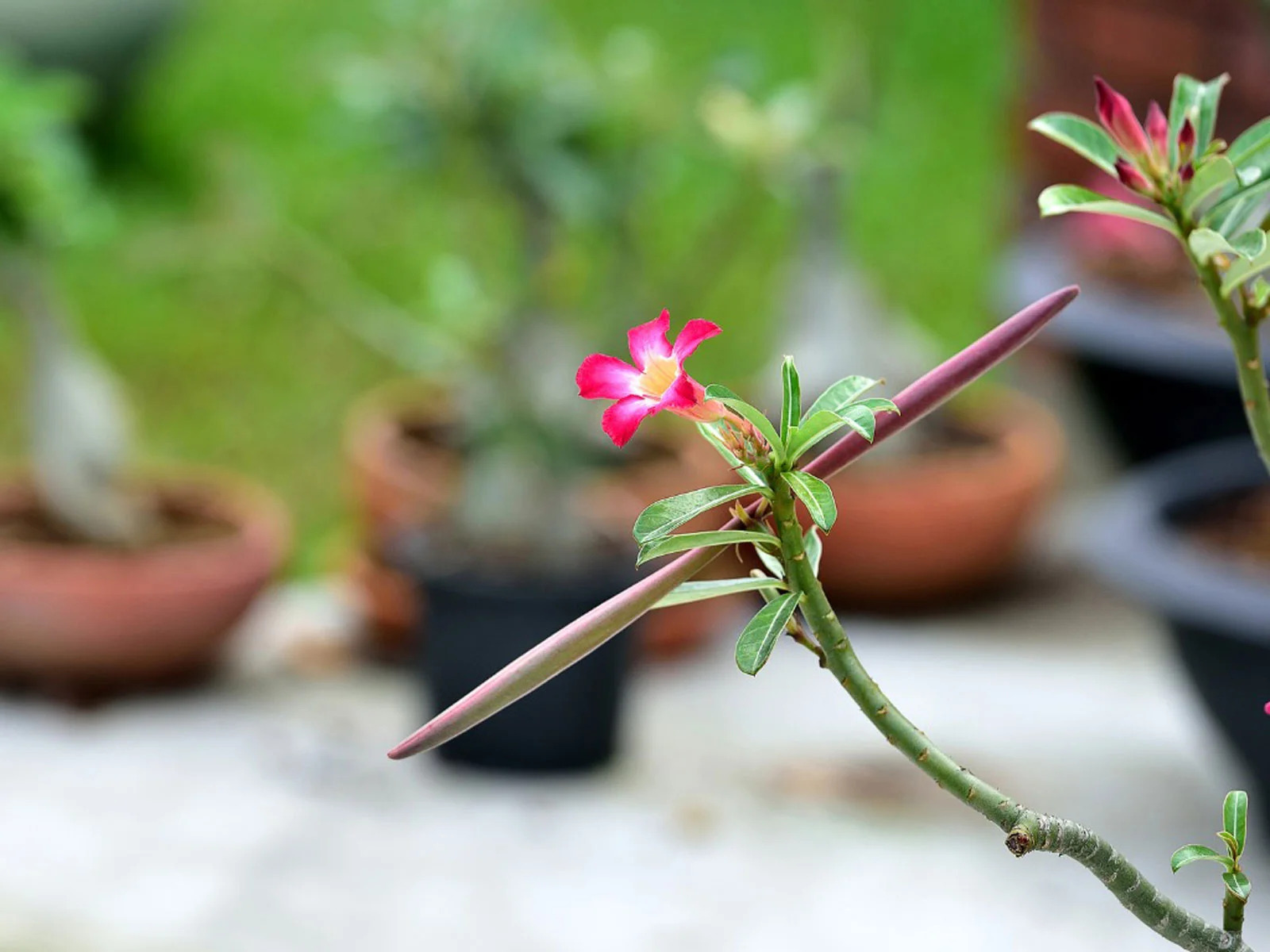
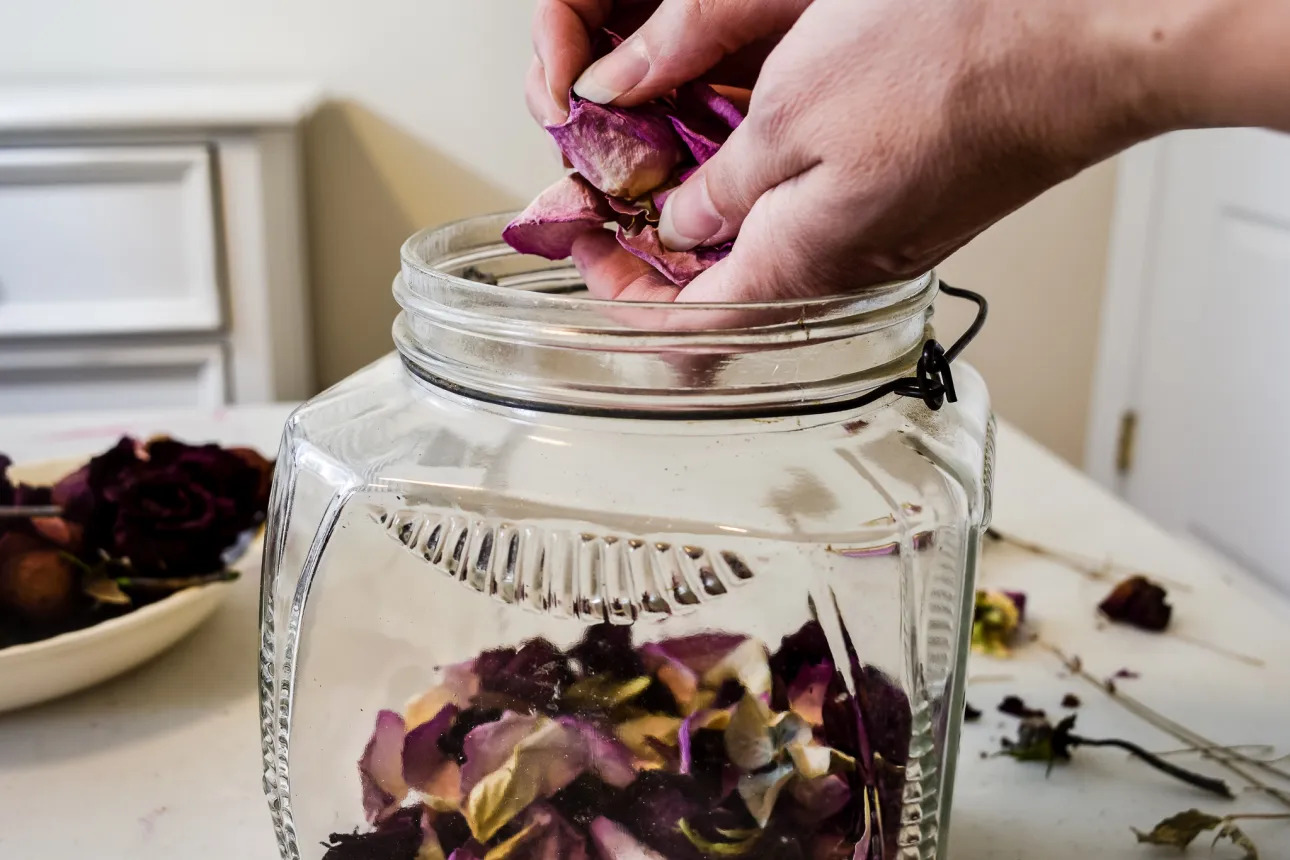

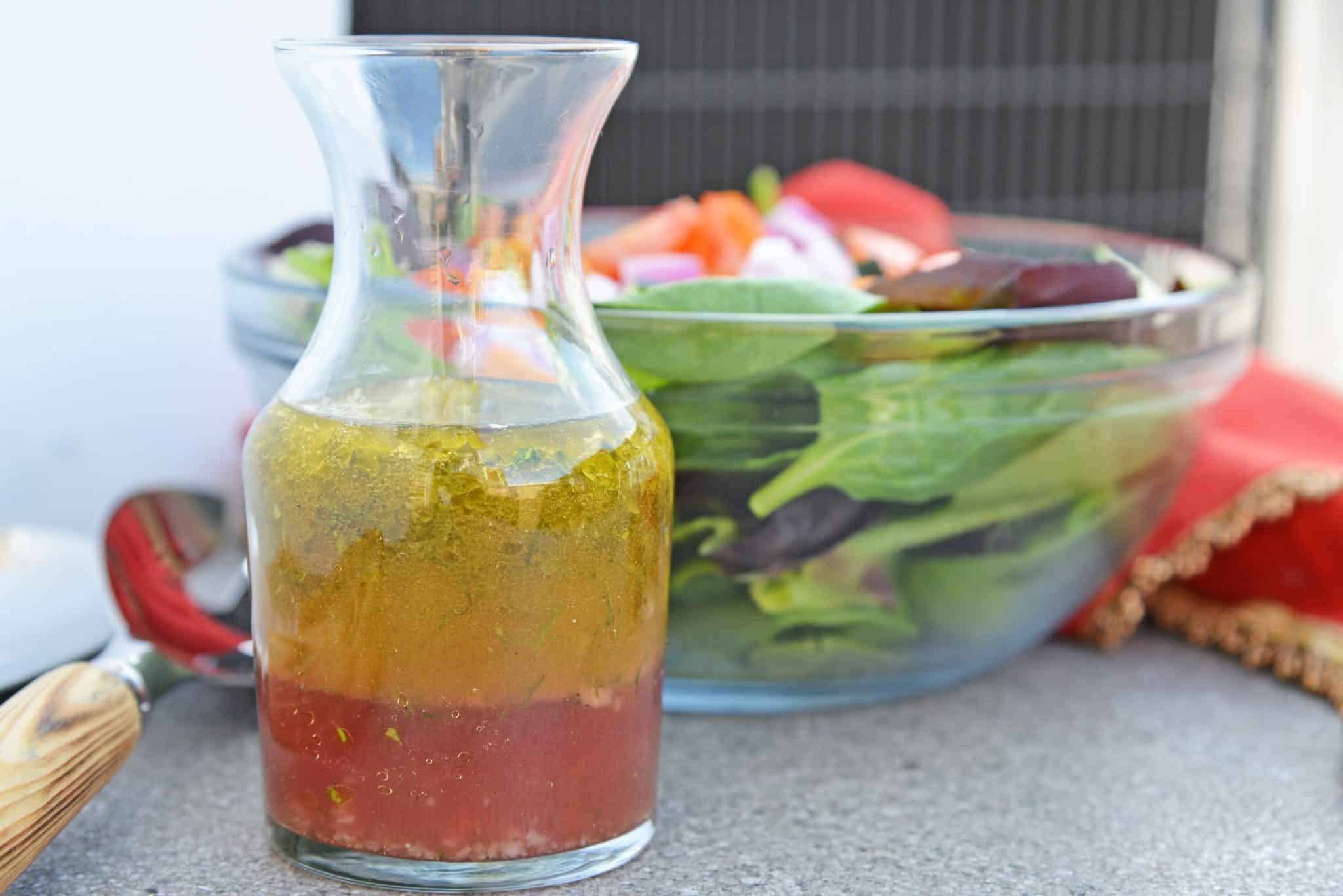



0 thoughts on “How To Store Homemade Rose Water”